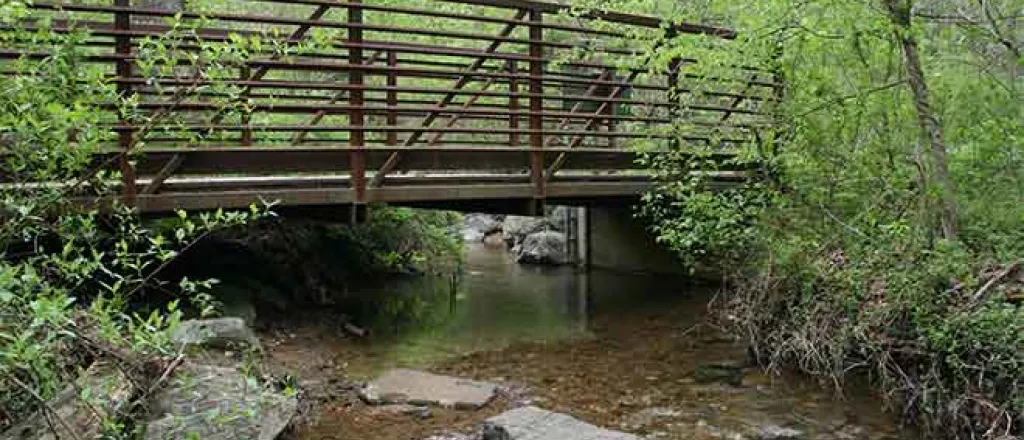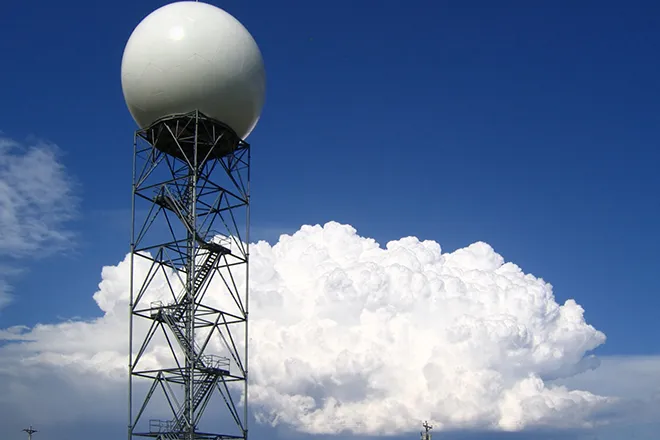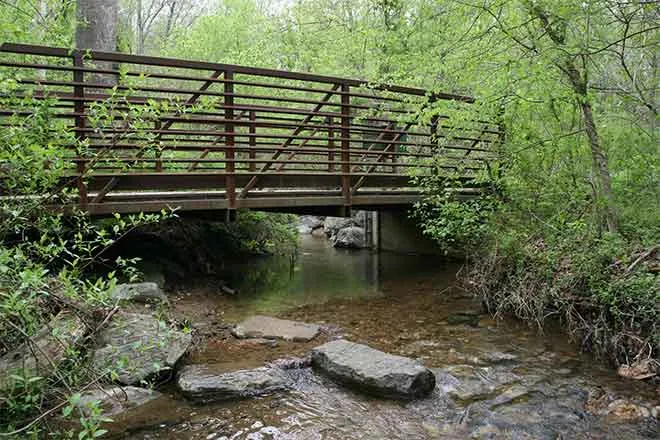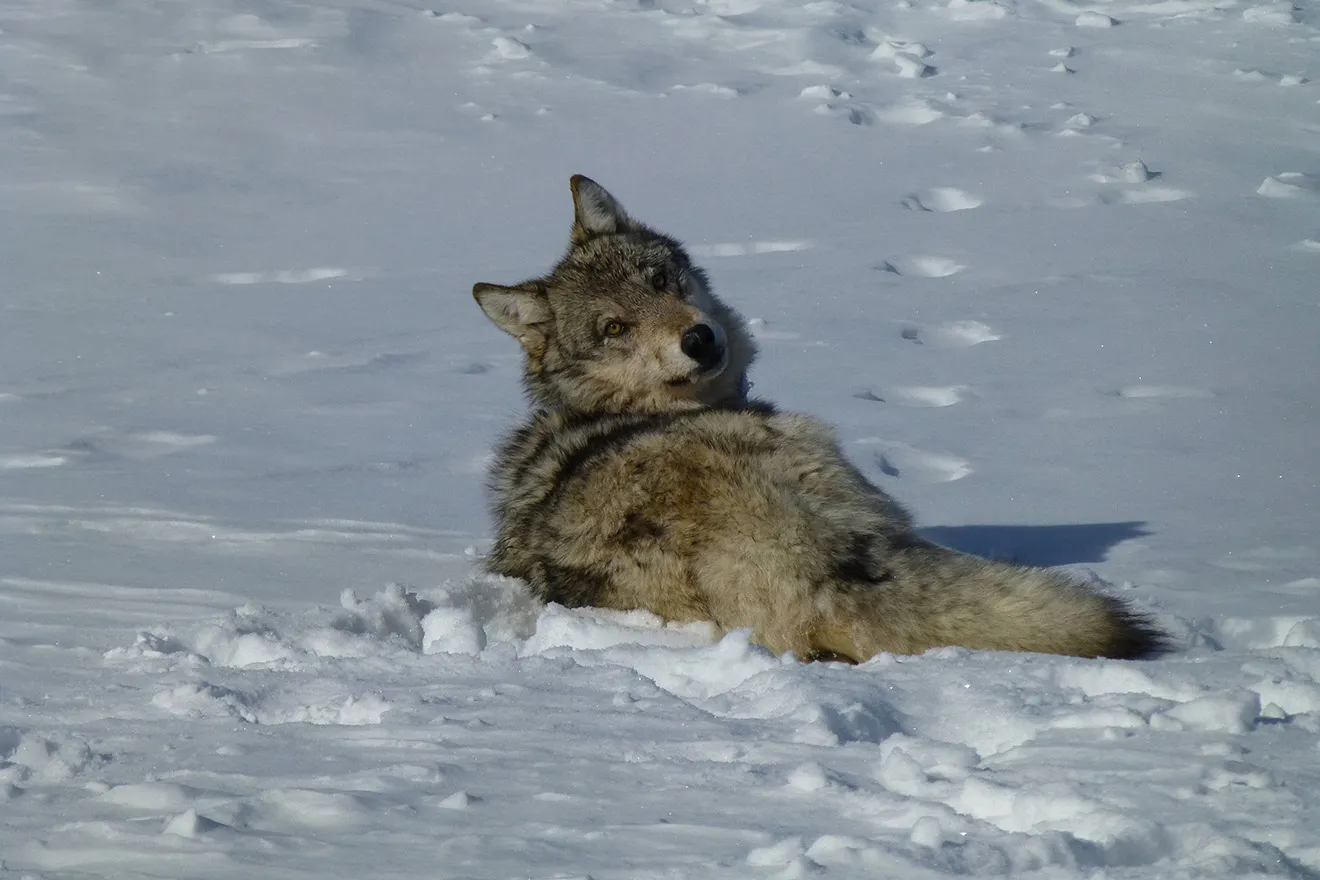
Columbia, Snake Rivers litigation pause puts spotlight on NW salmon
(Northern Rockies News Service) Action on behalf of Northwest salmon could be in the works after announcements from the Biden administration, leaders in Washington state and a request to pause litigation over managing dams in the Columbia and Snake Rivers.
Under their agreement, federal agencies, conservation and fishing groups, the Nez Perce Tribe and state of Oregon would put legal challenges on hiatus until July 2022.
Shortly after that announcement, Washington Gov. Jay Inslee and Sen. Patty Murray - D-Wash.- announced a joint federal-state process on Snake River salmon recovery.
Justin Hayes is the executive director of the Idaho Conservation League, among the groups that want to pause litigation.
"Murray and Inslee stepping forward, the administration stepping forward," said Hayes, "it shows that there is a path that the region can expeditiously move on to get to solutions."
In a statement, Inslee and Murray say recommendations for Snake River salmon would be completed by July 31, 2022.
Hayes said the objective of the pause in litigation is so that groups and government entities can work together on long-term solutions for the fish and communities of the Northwest.
Hayes said he believes removing four lower Snake River dams in southeast Washington is key. Hayes and other groups say science backs removing dams to restore salmon to abundance in the region.
He added that the solution also would address issues around tribal justice and the plight of Northwest orcas.
"For us, a comprehensive solution needs to involve dam removal and we're looking forward to having those discussions with the administration," said Hayes.
Hayes said it's important to make sure communities that rely on the services the dams provide, like barging, are made whole. He also noted that the situation has become more and more dire with each passing year as salmon come closer to extinction.
"The region has grappled with these issues for a long time," said Hayes. "There have been lots of studies, and what we need now are decisions and action."
















